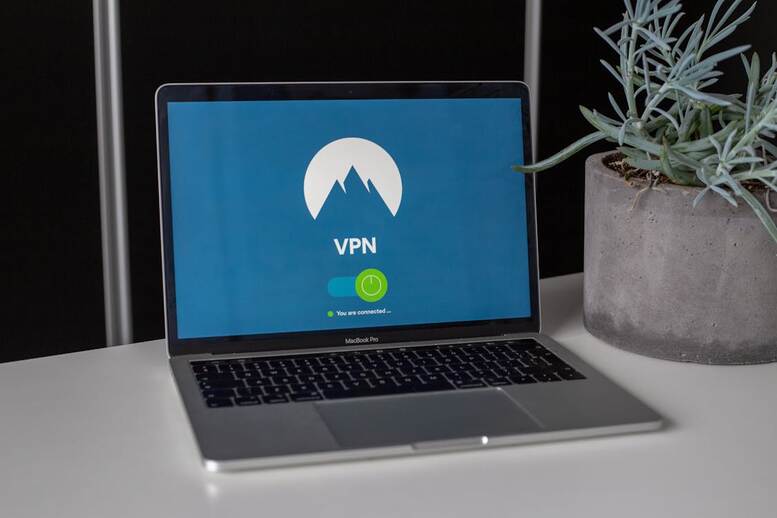You’re ready to play at an international casino, but then you hit the payment wall. Your card gets declined. Bank transfer takes a week. PayPal isn’t accepted. I’ve been there, staring at checkout pages that reject everything in my wallet.
After testing dozens of payment methods across different jurisdictions, I’ve found five that consistently work when you’re playing across borders. These are not just the obvious choices but the ones that actually work without headaches.
German-licensed platforms like Lunar Spins showcase international payment integration effectively, offering multiple currency support, instant deposits via Skrill and Neteller, cryptocurrency options including Bitcoin and Ethereum, comprehensive banking solutions, and localized payment methods tailored for European players seeking cross-border gaming experiences.
1. Skrill: The International Workhorse
Skrill handles cross-border transactions better than almost any other e-wallet. I’ve used it from Europe to play at Curacao-licensed casinos without a single rejection.
What makes it work? Skrill converts currencies automatically and holds multiple currency balances. When I deposit €50 at a USD casino, it converts instantly at competitive rates. No waiting, no extra steps.
The processing is usually instant for deposits. Withdrawals take 12-24 hours max. I tested this with casinos in Malta, the UK, and offshore jurisdictions—same smooth experience everywhere.
Quick tip: Verify your Skrill account fully before using it for gambling. Unverified accounts hit limits fast, especially for international transactions.
2. Neteller: Built for Cross-Border Gaming
Neteller was literally designed for online gambling, and it shows. The platform handles regulatory complexities that trip up other payment providers.
I’ve had withdrawals processed to Neteller when the same casino rejected my bank account withdrawal. Their Net+ prepaid card lets you access winnings at any ATM worldwide—perfect when you’re traveling.
The fees are transparent upfront. Currency conversion costs 3.99%, which beats most bank charges. Processing rarely fails, even with six-figure transactions (learned this from watching high-roller friends).
Pro insight: Neteller’s VIP program reduces fees significantly. If you’re playing regularly, the upgrade pays for itself.
3. Cryptocurrency (Bitcoin/Ethereum): The Borderless Option
Crypto bypasses traditional banking entirely. No geographic restrictions, no currency conversion headaches, no bank interference.
I started using Bitcoin for international casinos after my bank blocked a legitimate withdrawal from a Malta casino. Crypto solved that problem permanently.
Processing is fast—usually under an hour for Bitcoin, minutes for newer coins like Litecoin. Fees are predictable and often lower than e-wallet charges. Plus, some casinos offer better bonuses for crypto deposits.
International players often benefit from region-specific platforms like www.aviatoronlinebet.com/pt/, which cater to Portuguese-speaking markets while maintaining the same borderless cryptocurrency advantages across different jurisdictions.
The learning curve exists, but it’s worth it. I keep a small crypto wallet specifically for gambling transactions.
Reality check: Crypto values fluctuate. Don’t leave large amounts sitting in casino crypto wallets during volatile periods.
4. Bank Wire Transfers: Old School, Still Reliable
Wire transfers work everywhere, but you need patience. I use them for larger deposits (€1,000+) where e-wallet limits become restrictive.
International wires typically take 1-3 business days. Fees range from €15-50 depending on your bank, but they’re predictable. No surprise rejections, no account freezes—just slow, steady processing.
The main advantage? High limits. When I wanted to deposit €5,000 at a high-limit casino, a wire transfer was the only option that worked without multiple transactions.
Banking tip: Call your bank before sending international gambling wires. Some flag them as suspicious, causing delays you can avoid with a quick heads-up.
5. Prepaid Cards (Paysafecard): Anonymous and Universal
Paysafecard works in 50+ countries and doesn’t require a bank account. Buy a card at a local shop, enter the PIN online—done.
I’ve used Paysafecard in countries where my regular cards didn’t work. The 16-digit PIN system is accepted by casinos that reject other payment methods due to local regulations.
Limitations exist—maximum €1,000 per card, no withdrawals possible. But for smaller deposits or when you want complete payment anonymity, nothing beats it.
Cards are available at gas stations, convenience stores, and supermarkets worldwide. No registration needed unless you want to combine multiple cards.
Practical note: Keep PIN codes secure and use them quickly. Unused cards can expire or face regional restrictions over time.
The Reality of International Casino Payments
Each method solved different problems in my gambling experience. Skrill for everyday play, crypto for maximum privacy, wires for large amounts, and Paysafecard for travel situations.
The key is having multiple options ready. International casino payments fail for dozens of reasons—regulatory changes, technical issues, bank policies. When one method hits a wall, you need alternatives that work immediately.
Test these methods with small amounts first. Every combination of your location, casino jurisdiction, and bank policies creates unique challenges. What works seamlessly for me might need adjustments for your setup.
Mehr Lesen: Alisha Lehmann






